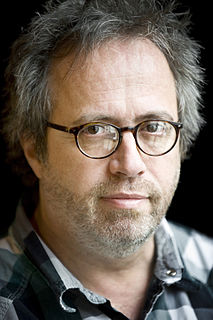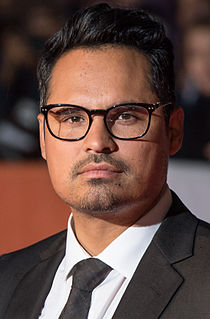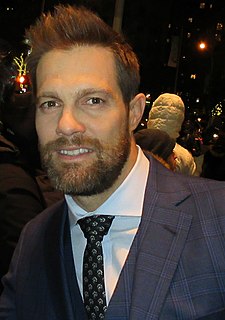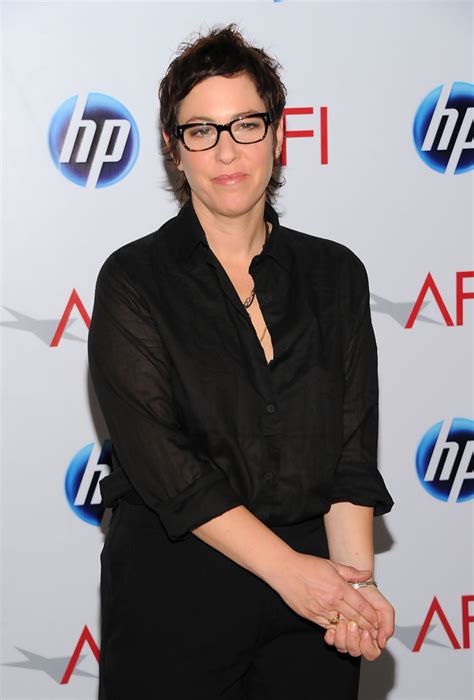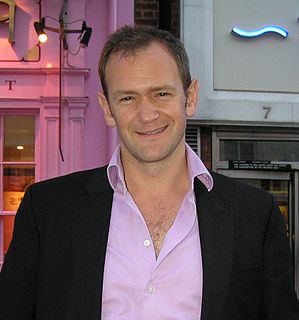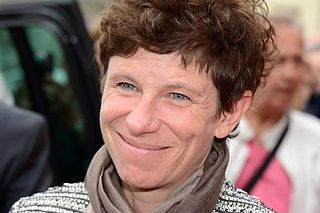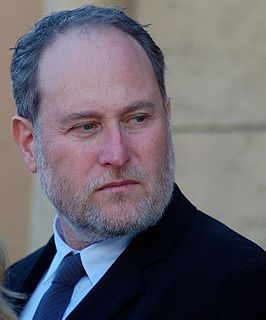A Quote by David Yates
In an ideal world, I'd bounce between big projects and no-budget TV dramas with fantastic scripts.
Related Quotes
I'll read, like, ten scripts, and then sometimes if I'm lucky, there will be two or three scripts that I like, and sometimes they'll all be dramas, or they'll all be comedies, or there will be two dramas and a comedy, and then I'll go for whatever. If I have to audition, I'll audition. If it's an offer, great.
People talk about the difference between working on stage and working on film. I think you could say that there are as many differences between working on low budget films and working on big budget films. You really are doing the same thing, but at the same time you're doing something vastly different as well.



